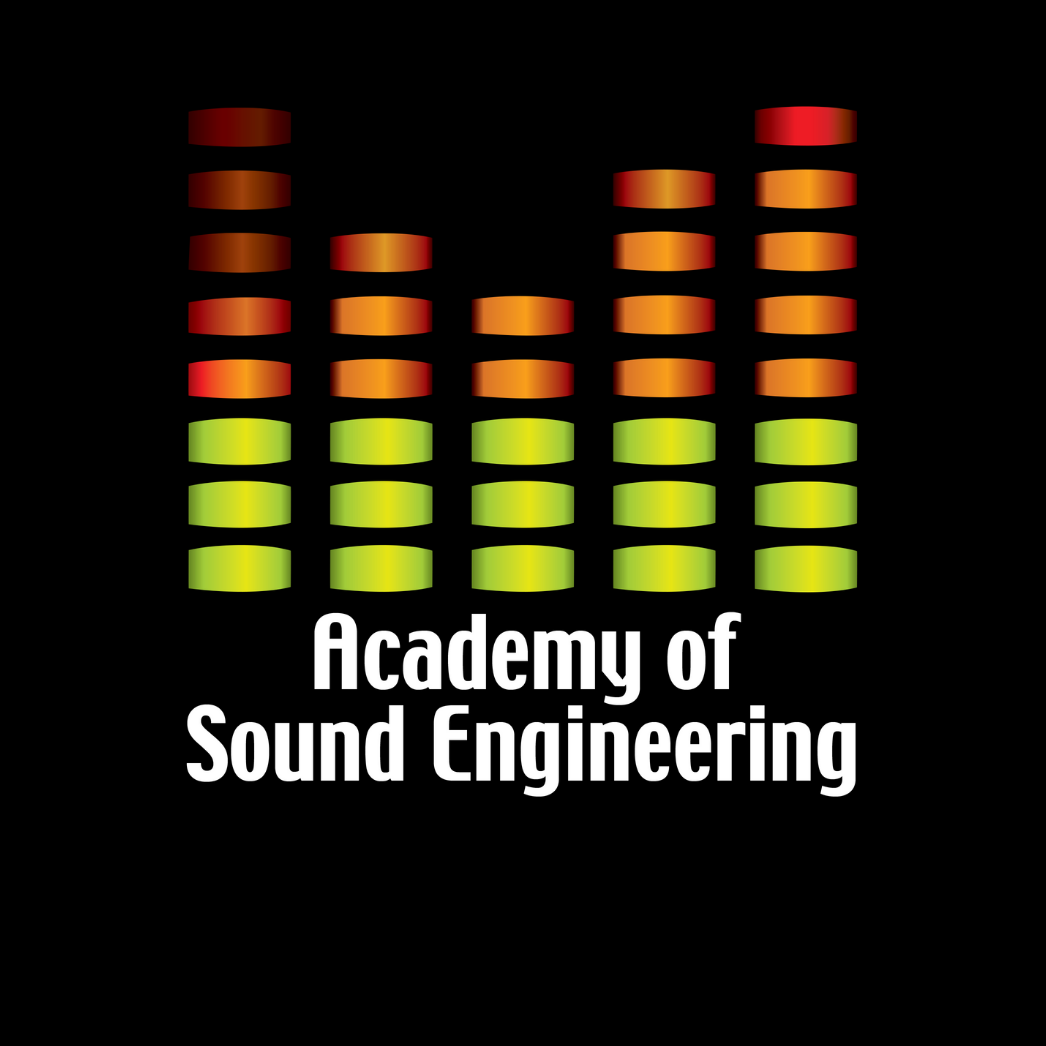There are no academic entrance requirements for this skills program. We do however require a minimum age of 16 and a minimum schooling of Grade 10 or equivalent. Basic computer knowledge is also required.

This skills program covers the following learning units:
Audio Technology:
• Sound Energy
• Microphones
• Speakers
• Units of Measure
• The Decibel
• Mixers
• Headroom
• Amplifiers/Processors
• Equalization
• Effects
• Basic System Design
Practical Sound Engineering:
• Basic Studio Setup
• Connecting Audio Equipment
• Operating Audio Equipment
• Mixing
• Fault Finding
Pro Tools 101:
• Getting to Know Pro Tools
• Getting Inside Pro Tools
• Creating Your First Session
• Making Your First Recording
• Importing Media
• Making Your First MIDI Recording
• Selecting and Navigating
• Basic Editing Techniques
• Introduction to Mixing
• Finishing Your Work
The Academy of Sound Engineering was founded in 1997 by George Hattingh Snr.
© 2025 coursetakers.com All Rights Reserved. Terms and Conditions of use | Privacy Policy